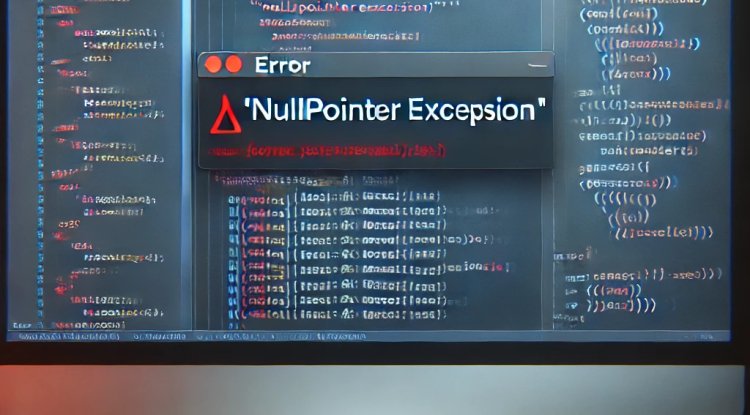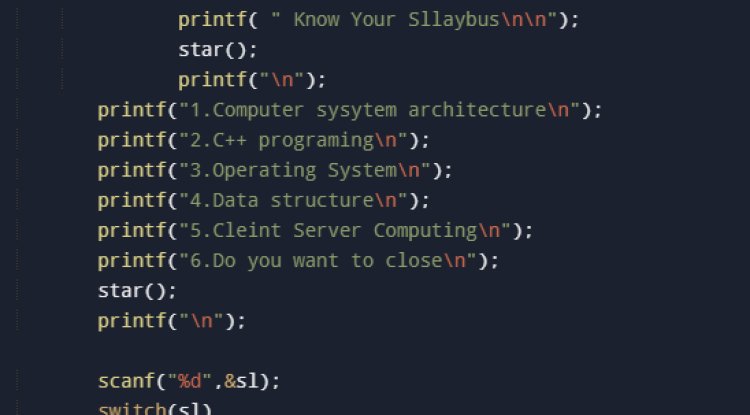What is a NullPointerException, and how do I fix it?
NullPointerException, Java

A NullPointerException in Java is an exception that occurs when you try to use an object reference that has not been initialized (i.e., it is null). This usually happens when you call a method or access a field on an object that hasn't been properly instantiated.
Common Causes of NullPointerException
- Calling a method on a null object.
- Accessing or modifying a field of a null object.
- Using an element from a null array.
- Passing a null argument to a method that doesn't accept it.
Example Code with NullPointerException
public class NullPointerExample {
public static void main(String[] args) {
String str = null; // str is not initialized, so it's null
System.out.println(str.length()); // This will throw a NullPointerException
}
}
How to Fix NullPointerException
-
Check for Null Values: Always check if an object is null before calling its methods.
if (str != null) { System.out.println(str.length()); } else { System.out.println("String is null"); } - Use Optional (Java 8 and later): Use
Optionalto avoid null checks.Optional optionalStr = Optional.ofNullable(str); optionalStr.ifPresent(s -> System.out.println(s.length())); - Initialize Variables: Ensure all objects are properly initialized before use.
String str = ""; // Initialize with an empty string instead of null - Use Default Values: Provide default values for variables when null might occur.
int length = (str != null) ? str.length() : 0;
Handling null values properly will help you avoid NullPointerException and make your code more robust.
What's Your Reaction?


















